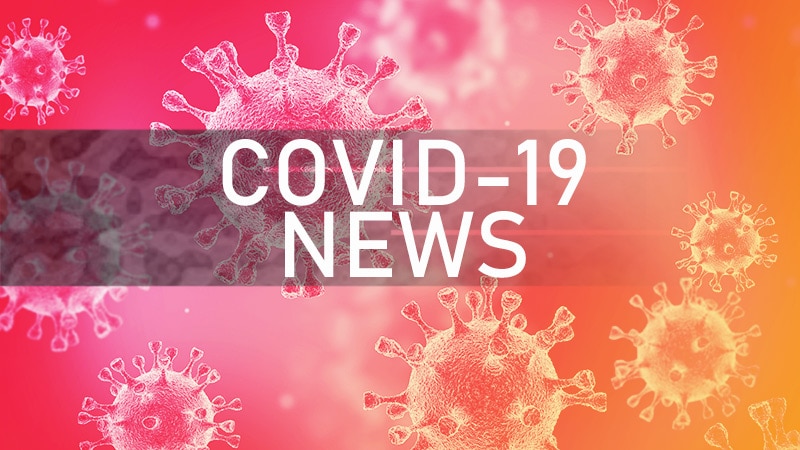
Editor’s note: Discover the most current COVID-19 news and assistance in Medscape’s Coronavirus Resource.
The United States Fda (FDA) has actually approved Eli Lilly’s demand to withdraw emergency situation usage permission for the COVID-19 monoclonal antibody treatment bamlanivimab when utilized as a monotherapy, stating the proof suggests that it is most likely ineffective versus presently flowing variations.
The company stated in a letter to Lilly that bamlanivimab is still efficient when utilized in mix with etesevimab, another Lilly anti-SARS-CoV-2 monoclonal antibody.
The FDA licensed emergency situation usage of the mix in February. The business and the FDA are advising infusion websites to hang on to bamlanivimab dosages with an eye towards utilizing it for mix treatment.
Since March 2, bamlanivimab was the most-distributed anti-COVID-19 monoclonal antibody, nearly 800,000 dosages delivered to different states and cities, according to the United States Department of Health and Human Being Provider (HHS).
” While the threat– advantage evaluation for utilizing bamlanivimab alone is no longer beneficial due to the increased frequency of resistant versions, other monoclonal antibody treatments licensed for emergency situation usage stay suitable treatment options when utilized in accordance with the licensed labeling and can assist keep high threat clients with COVID-19 out of the healthcare facility,” stated Patrizia Cavazzoni, MD, director of the FDA’s Center for Drug Examination and Research Study, in a declaration “We advise the American public to look for these treatments when required while we continue to utilize the very best information offered to offer clients with safe and reliable treatments throughout this pandemic.”
The FDA’s cancellation follows an April 8 suggestion by the National Institutes of Health versus making use of bamlanivimab alone and versus utilizing any of the anti-SARS-CoV-2 monoclonal antibodies in hospitalized clients.
Security Not the Concern
.
Neither firm has actually revealed issue about bamlanivimab security. Both point out information that in the laboratory, vesicular stomatitis virus-based pseudovirus revealing spike protein with alternative alternatives, particularly E484 K and L452 R, display big decreases (>1000- fold) in vulnerability to bamlanivimab alone in neutralization assays.
The L452 R replacement has actually been discovered in the B. 1.427 and B. 1.429 family trees, both very first spotted in California, and now representing more than 20%of cases in 8 states, and more than 10%in an extra 2 states, according to genomic security performed by the United States Centers for Illness Control and Avoidance, stated the FDA.
The company likewise kept in mind current reports that versions with the E484 K anomaly are distributing at rates surpassing 10%in the New york city City city, consisting of northern New Jersey.
Bamlanivimab was very first approved emergency situation usage permission in November as a monotherapy for treatment of moderate to moderate COVID-19 in grownups and pediatric clients at high danger for advancing to extreme COVID-19 and/or hospitalization.
The company prompts clinicians to think about utilizing options, consisting of Regeneron’s combination(casirivimab and imdevimab, administered together), and bamlanivimab and etesevimab provided together, for the exact same usages as formerly licensed for bamlanivimab alone.
Just 148,000 dosages of casirivimab/imdevimab had actually been dispersed since February 2, according to the most current information readily available from HHS.
Alicia Ault is a Lutherville, Maryland-based independent reporter whose work has actually appeared in publications consisting of Smithsonian.com, the New York City Times, and the Washington Post. You can discover her on Twitter @aliciaault.
.
For more news, follow Medscape on Facebook, Twitter, Instagram, YouTube, and LinkedIn
No comments:
Post a Comment